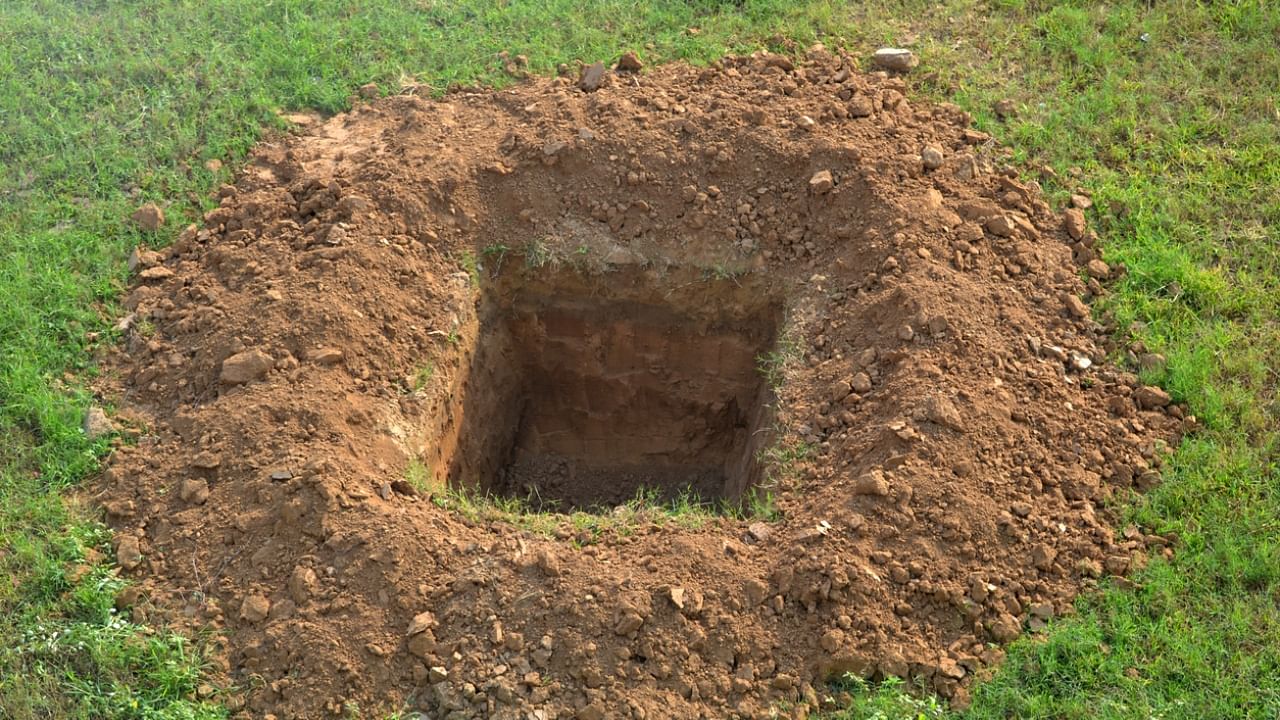
An Indigenous community in British Columbia says it has found evidence of a mass grave containing the remains of 215 children on the grounds of a former residential school.
Chief Rosanne Casimir of the Tk’emlúps te Secwépemc First Nation said in a statement that ground-penetrating radar discovered the remains near the site of the Kamloops Indian Residential School, which operated from 1890 until 1978.
It was, the statement said, “an unthinkable loss that was spoken about but never documented.”
Canada had a system of residential schools, mostly operated by churches, that Indigenous children were forced to attend starting in the 19th century. It went into decline during the 1970s, with the last school closing in 1996.
A National Truth and Reconciliation Commission, set up as part of a government apology and settlement over the schools, concluded that at least 4,100 students died while attending the schools, many from mistreatment or neglect, others from disease or accident. It found that in many cases, families never learned the fate of their offspring, who are now known as the missing children.
While there have long been rumours of unmarked graves at schools, if the findings in a preliminary report presented to the Tk’emlúps te Secwépemc First Nation this week are confirmed, it will be the first time a major burial site has been discovered.
The Canadian Conference of Catholic Bishops — which operated the Kamloops school until 1969, when the federal government took over — did not respond to a request for comment.
Unlike other religious groups that operated the residential schools, the Catholic Church has consistently refused to apologize for abuses that occurred within them. In 2018, Pope Francis rejected a direct appeal for an apology from Prime Minister Justin Trudeau.
The Truth and Reconciliation Commission concluded in 2015 that residential schools were a program of “cultural genocide.” The use of Indigenous languages was banned there, sometimes through the use of violence, as were Indigenous cultural practices.
The commission found evidence of neglect and maltreatment spanning decades in Kamloops. In 1918, a government official who inspected the school reported his “suspicion that the vitality of the children is not sufficiently sustained from a lack of nutritious food.”
Geraldine Bob, a former student, told the commission that the staff members “would just start beating you and lose control and hurl you against the wall, throw you on the floor, kick you, punch you.”
In her statement, Casimir said that the search for remains began in the early 2000s. “With access to the latest technology, the true accounting of the missing students will hopefully bring some peace and closure to those lives lost and their home communities,” she said.
According to Casimir, radar revealed the remains of children as young as 3.
“The loss of 215 children found on the grounds of a residential school is a national tragedy,” Chief Bobby Cameron of the Federation of Sovereign Indian Nations in Saskatchewan said in a statement. He asked the federal government to work with Indigenous groups on researching the fates of missing children.
The office of Carolyn Bennett, the federal minister responsible for Indigenous relations, did not respond to a request for comment.
Lisa Lapointe, chief coroner of British Columbia, said in an email that her office was told about the radar findings on Thursday. “We are early in the process of gathering information and will continue to work collaboratively with the Tk’emlúps te Secwépemc and others as this sensitive work progresses,” she said.
According to a research site operated by the University of British Columbia, Kamloops was once the largest residential school in Canada, with about 500 pupils at its peak.